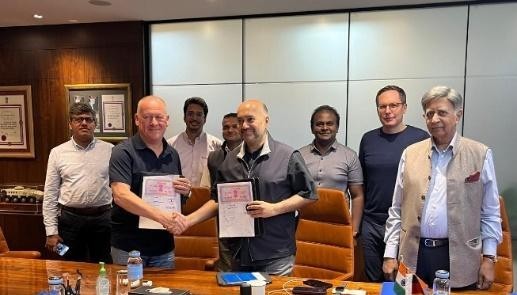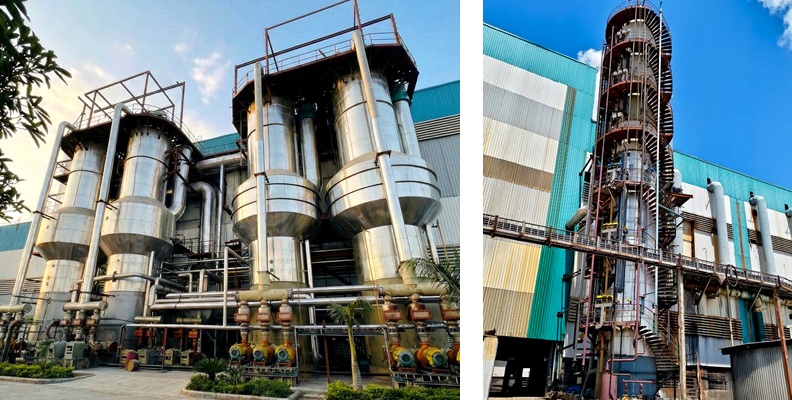Schedule a Call Back
Top surface protection techniques to prevent corrosion
 Industry News
Industry News- Apr 30,20
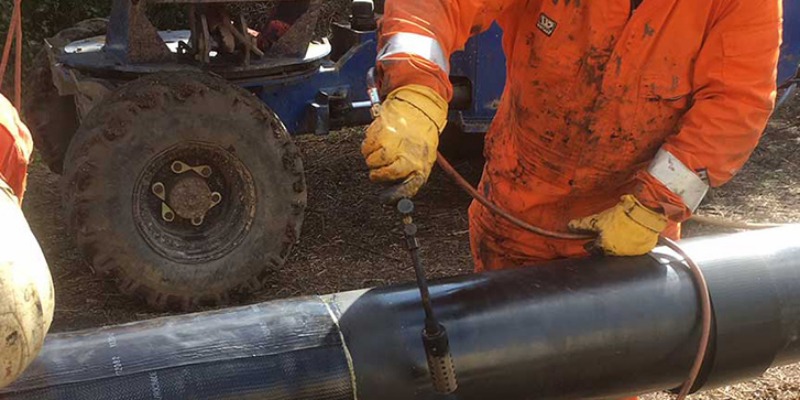
No matter which process you choose, protecting metal surfaces from corrosion is essential if you hope to create products that will serve you well for years to come, says Megan Ray Nichols.
While it only makes up 21% of our planet's atmosphere, oxygen is one of the biggest causes of corrosion when we're dealing with metal surfaces. The oxygen molecules bond with iron, for example, creating iron oxide — something we know a little better as rust. This isn't the only type of corrosion we have to worry about, but it's one of the most common. Let's take a closer look at the different types of corrosion and how we can prevent them from damaging valuable equipment.
Common type of corrosion
Fontana's piece on the Eight Forms of Corrosion dates back to the late 1960s, but much of his wisdom still rings true today. We'll touch on these briefly.
First, there's uniform attack, which is the most common form of corrosion. It involves the entire exposed surface area of the metal in question, such as a sheet-iron roof exposed to the elements. Next is galvanic corrosion, which happens when two dissimilar metals are joined. Crevice corrosion takes place in holes and crevices that aren't generally exposed to the air, and pitting creates small holes in the metal surface.
Intragranular corrosion happens when a uniform attack makes the metal grain boundaries more reactive than they would be otherwise. Selective leaching occurs when corrosion removes a single element from an alloy, such as removing zinc from brass. Erosion, just like in nature, happens when a liquid moves over a metal surface, and stress corrosion cracking occurs when the damage to the metal surface overcomes its tensile strength.
Now that we have a basic idea of the kinds of corrosion we're dealing with let's look at how to protect your metal surfaces.
Choose the right metal for the conditions
One way to prevent corrosion from damaging your equipment is to choose models made of less corrosive metals. Iron rusts, but stainless steel, which is an alloy of iron and chromium, is naturally non-corrosive. Metals like aluminum and copper form a natural patina when exposed to water and oxygen, which prevents them from further corrosion. Precious metals like gold, silver and platinum are all naturally non-corrosive.
This is only step one toward preventing corrosion on metal surfaces. Choosing a naturally non-corrosive metal means that you won't have to worry as much, but there are other steps that you can take to prevent this natural occurrence from damaging your metal surfaces.
Apply a barrier coating
One of the most cost-effective ways to prevent corrosion on metal surfaces is to apply a barrier coating. This can be painted, plastic-wrapped, powder-coated, or a combination of the three. Many pieces of equipment that might be vulnerable to corrosion will come coated from the factory, but these coatings are not all created equal. Paint can chip if not adequately maintained, exposing the metal beneath to the elements. Plastic coatings can peel away, and imperfect powder coats can flake away.
That said, barrier coatings are often the least expensive way to protect metal surfaces from corrosion.
Utilise hot-dip galvanization
We spoke briefly about galvanic corrosion, which happens when two dissimilar metals are joined. In some cases, you can use this galvanic reaction to protect the metal underneath. Hot-dop galvanization is a process that takes steel and dips it into a vat of molten zinc. The zinc reacts on an atomic level with the steel, creating a tight bond between the two elements and coating the steel to prevent corroding. Zinc has been used in construction for millennia, and today the United States uses more than 600,000 tons of the element every year for hot-dip galvanization.
Employ cathodic protection
Finally, we've got cathodic protection. Corrosion happens because of an exchange of electrons between oxygen molecules and the metal atoms. Cathodic protection prevents corrosion by preventing the transfer of electrons by using an electrical current and an electron donor. Galvanic anodes give up their electrons to protect a steel or aluminum surface from corrosion. This process usually destroys the anodes but makes it more difficult for the treated materials to corrode.
This isn't going to be an option for large pieces of equipment or things you already utilize since to carry out the protective process, the parts needing treatment need to be submerged in salinated water, which carries an electrical current.
Looking forward
No matter which process you choose, protecting metal surfaces from corrosion is essential if you hope to create products that will serve you well for years to come. Different types of corrosion will call for differing types of corrosion protection. Start by choosing to work with naturally non-corrosive metals. For a quick and easy fix, look at barrier coatings like paint or powder that form a protective layer between the metal surface and the corrosive materials. For new projects or items that haven't been assembled yet, especially those made from steel, hot-dip galvanization and cathode protection are both options to consider.
About the author:
Megan Ray Nichols is a STEM (Sciences, Technology, Engineering, and Mathematics) writer and regular contributor to The Naked Scientists, Thomas Insights & IoT Evolution. She can be reached on megan@schooledbyscience.com
Related Stories
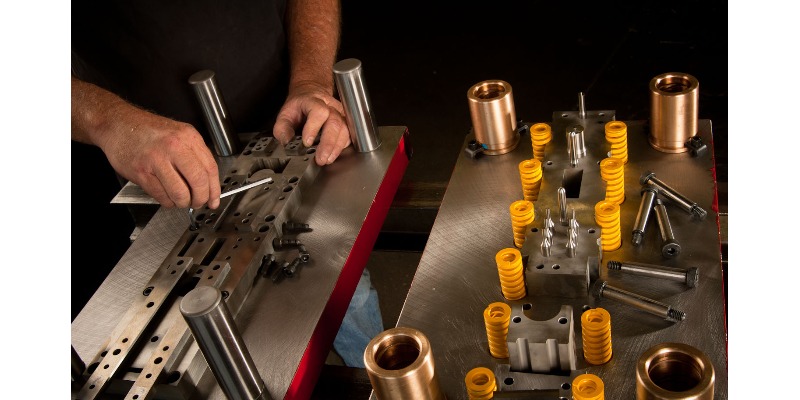
What Are the Advantages of Progressive Die Stamping?
With a range of benefits  from more durability to cost-savings  progressive die stamping is the best way to produce countless geometries from a sheet of metal, sa..
Read more
How will 5G improve industrial automation?
As part of Industry 4.0, more automated systems are relying on the IoT than ever. Since 5G will bring network improvements, it will improve the IoT and consequently improve automation, says Megan Ra..
Read more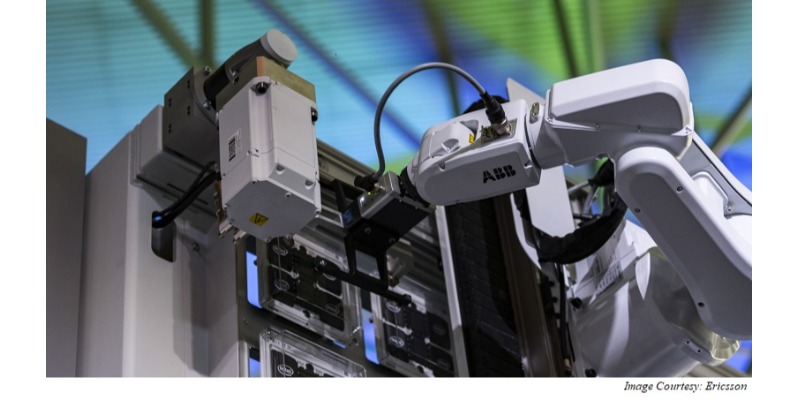
How will mobile connectivity impact manufacturing?
Industry 4.0 is changing the face of manufacturing. As the world gets ready to switch to 5G technology, wireless connectivity will make it even more promising. Though they may seem insignificant on ..
Read moreRelated Products
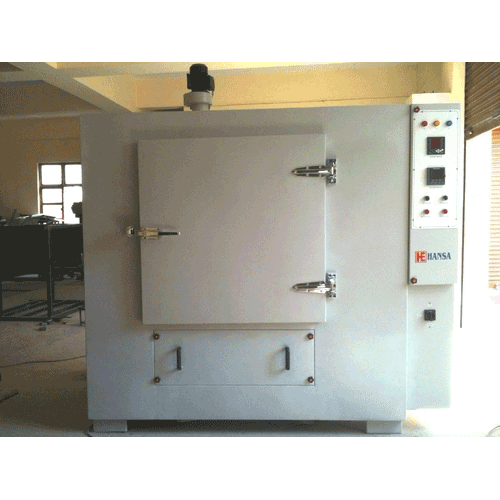
Heavy Industrial Ovens
Hansa Enterprises offers a wide range of heavy industrial ovens.
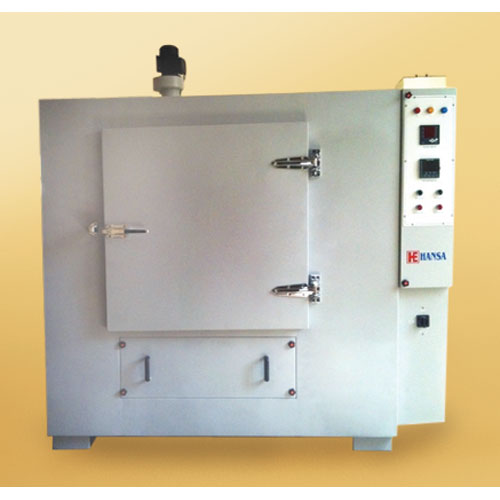
High Quality Industrial Ovens
Hansa Enterprises offers a wide range of high quality industrial ovens. Read more
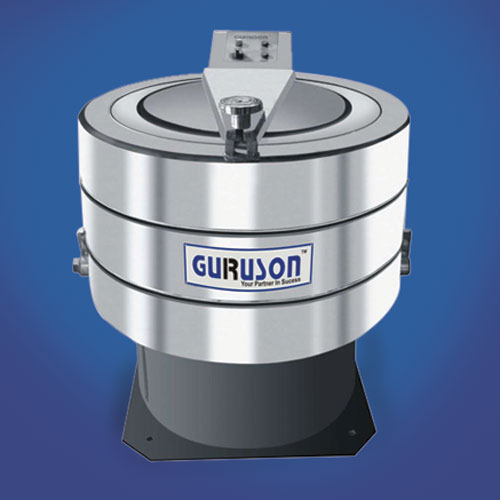
Hydro Extractor
Guruson International offers a wide range of cone hydro extractor. Read more






